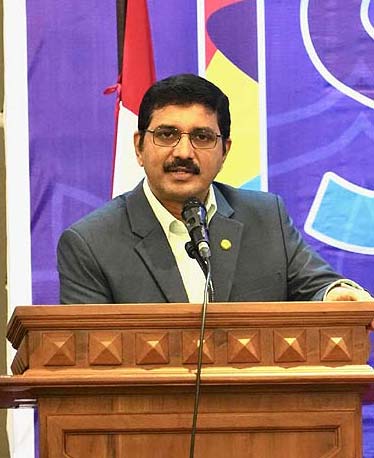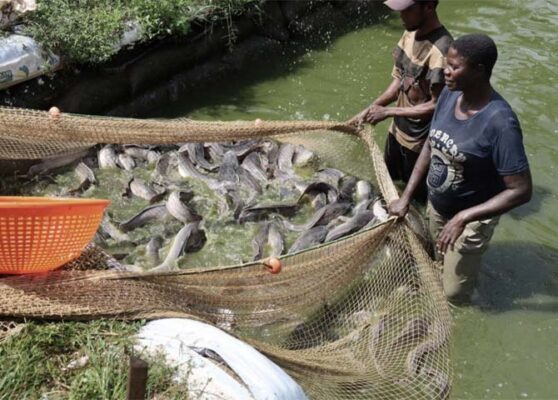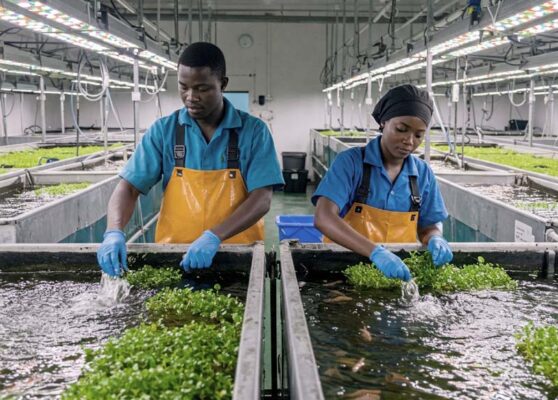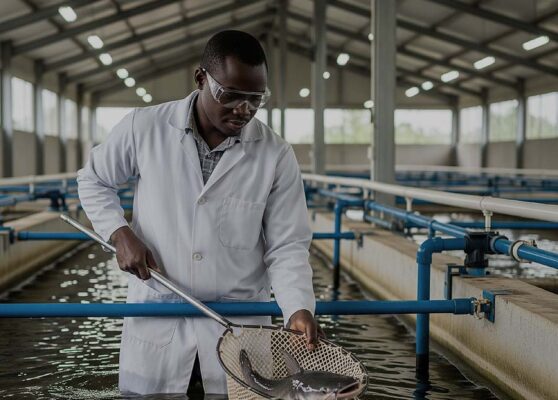Transforming Nigerian Aquaculture
We aim to transform aquaculture in Africa through innovative research and development approaches.
Transforming Nigerian Aquaculture
We aim to transform aquaculture in Africa through innovative research and development approaches.
Advancing Aquaculture, In Nigeria
Aims to transform aquaculture in Africa through innovative research and development approaches. The primary focus is to identify high-performing strains of Nile tilapia and African catfish, thereby improving productivity, farmer incomes and food security.
-
Resource Allocation
-
Building Skillsets
-
Empowering Women
-
Strengthen Economy
-
Improve Fish Production
-
Modern Technology
-
Trained Manpower
-
Aquaculture Innovations

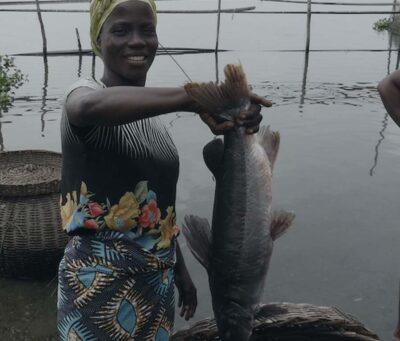
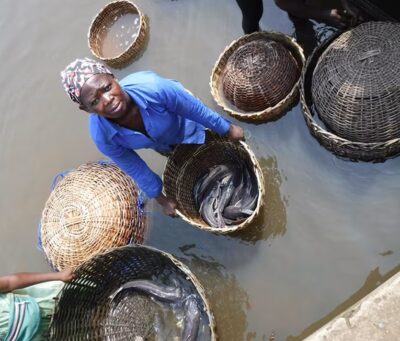

Uncovering High-Performing Tilapia and Catfish Strains for Nigerian Aquaculture
As part of a project led by the Aquaculture and Aquatic Resources Management (AARM) Program of AIT Thailand and funded by the Gates Foundation, African Aquaculture is working to identify superior genetic strains of Nile tilapia and African catfish suited to the Nigerian environment. The initiative combines cutting-edge research with training and mentoring for young African aquaculture farmers and entrepreneurs—particularly women—empowering them with modern, sustainable practices. Through strategic partnerships and capacity building, the project aims to boost productivity, enhance food security, and support inclusive economic growth across the region.
Creating opportunity through innovation, a game-changer
By evaluating five tilapia strains across three distinct feeding environments—commercial feed, farm-made feed, and fertilized ponds—this project mirrors the diverse and practical conditions of African aquaculture systems. Similarly, multiple strains of African catfish will be assessed in ponds, plastic tanks, and concrete tanks under varying stocking densities. These comprehensive, real-world performance trials will generate critical insights into the suitability of both domestic and international fish strains. The resulting data will serve as a catalyst for transforming Nigerian aquaculture, guiding farmers, researchers, and policymakers toward more efficient, profitable, and sustainable practices, and establishing a strong foundation for science-based innovation in the sector.





